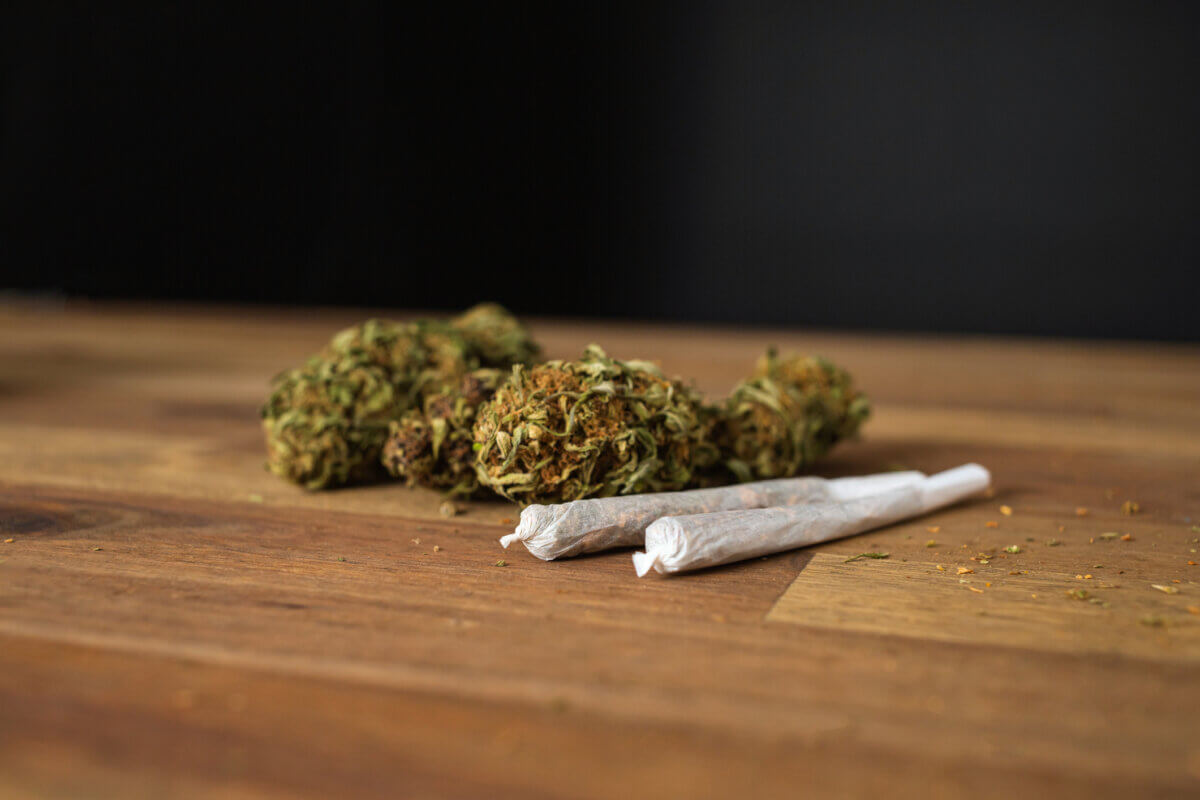New York Takes Bold Steps to Support Cannabis Cultivators
LOS ANGELES- In a significant move to bolster the burgeoning adult-use cannabis industry, the New York State Cannabis Control Board (CCB) has announced a series of initiatives aimed at aiding struggling farmers and expediting the market’s growth. Governor Kathy Hochul underscored the state’s commitment to its agricultural foundation, highlighting the waiver of cannabis cultivator licensing fees for the next two years as a critical step toward ensuring the success of family farms engaged in cannabis cultivation.
This announcement arrives three years post the legalization of adult-use cannabis in New York, marking a pivotal moment in the state’s efforts to refine its cannabis regulatory framework and support the sector’s sustainable development. “Farmers are the backbone of our State, and we’re making sure the family farms across New York that are building our cannabis industry have a real chance to succeed,” Governor Hochul stated, emphasizing the administration’s focus on increasing dispensary licenses and stimulating cannabis sales across the state.
Alongside fee waivers, the CCB has green-lit 114 new cannabis business licenses, encompassing 45 retail dispensaries and 31 microbusinesses, enabling them to cultivate, process, and sell cannabis. This expansion adds to the existing 89 licensed dispensaries and aims to address the bottleneck in market entry for new participants.
The waiver applies to the transition from conditional to non-conditional licenses, covering a range of fees that previously spanned $4,500 to $40,000 based on license and operation scale. Chris Alexander, the executive director of the New York Office of Cannabis Management, echoed the state’s optimistic outlook, celebrating the progress as a milestone in New York’s cannabis narrative.
The licensing update coincides with the approval of 38 non-conditional adult-use licenses and the renewal of permits for 17 testing labs, signaling a comprehensive approach to streamline the industry’s infrastructure. Applicants granted licenses in the latest round had submitted their paperwork before specific deadlines in late 2023, reflecting the state’s methodical processing of entrants into the legal cannabis market.
Despite these advancements, the shadow of illegal cannabis operations looms large, with an estimated 2,000 unauthorized businesses operating in contrast to the 89 legal establishments. This disparity underscores the challenges faced by the state in curbing illicit market activity and fostering a regulated, profitable cannabis industry.
Governor Hochul has been vocal about the hurdles inherited from the initial legal framework established under former Governor Andrew Cuomo’s administration, acknowledging the need for a recalibrated strategy to energize the state’s cannabis economy. The recent legislative efforts, including a proposed $128 million budget to support cannabis businesses, reflect a decisive action plan to mitigate the financial strains on farmers and pave the way for a robust legal cannabis market.
As New York continues to navigate the complexities of legal cannabis regulation and market establishment, these initiatives represent a beacon of hope for cultivators and entrepreneurs alike, offering a clearer path to profitability and sustainability in the competitive landscape of legal cannabis.


































